Intuit Inc. (NASDAQ:INTU) Quarterly Earnings Preview
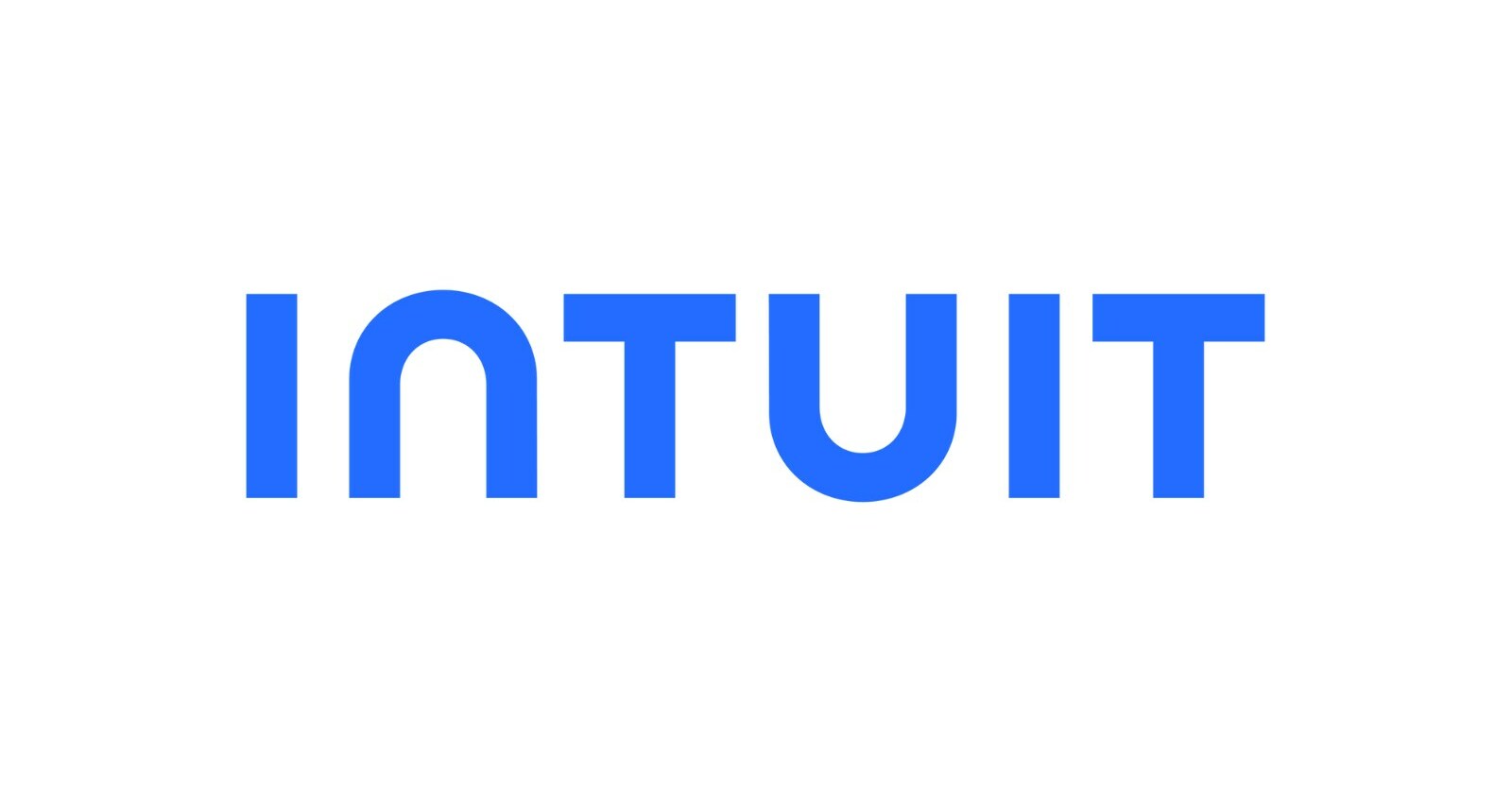
- Analysts set expectations for earnings per share (EPS) at $2.58 and revenue at approximately $3.83 billion.
- Intuit anticipates a revenue increase of 13% to 14% year-over-year, aligning with the Zacks Consensus Estimate.
- The company's financial metrics reveal a price-to-earnings (P/E) ratio of approximately 54.24, indicating high investor expectations for future growth.
Intuit Inc. (NASDAQ:INTU) is a financial software company known for products like TurboTax, QuickBooks, and Mint. As it prepares to release its quarterly earnings on February 25, 2025, analysts have set expectations for earnings per share (EPS) at $2.58 and revenue at approximately $3.83 billion. Intuit's performance in the Online Ecosystem business is expected to support these results.
The company anticipates a revenue increase of 13% to 14% compared to the previous year, with projections between $3.812 billion and $3.845 billion. The Zacks Consensus Estimate aligns with this forecast, pegging revenues at $3.83 billion, representing a year-over-year growth of nearly 13%. This growth is significant, especially as Intuit has historically exceeded the Zacks Consensus Estimate in the last four quarters, with an average surprise of 8.39%.
On a non-GAAP basis, Intuit expects EPS to range from $2.55 to $2.61, with the consensus estimate at $2.59 per share. This indicates a slight year-over-year decline of 1.52%. Despite this, the stability in earnings estimates over the past 30 days suggests that analysts have maintained their initial projections, which is crucial for investor confidence and the short-term price performance of the stock.
Intuit's financial metrics reveal a price-to-earnings (P/E) ratio of approximately 54.24, indicating that investors are willing to pay $54.24 for every dollar of earnings. The company's price-to-sales ratio stands at about 9.54, and its enterprise value to sales ratio is around 9.79. These figures suggest that investors have high expectations for Intuit's future growth and profitability.
The company's debt-to-equity ratio is 0.38, indicating a relatively low level of debt compared to equity. Additionally, Intuit has a current ratio of 1.24, suggesting that it has a good level of liquidity to cover its short-term liabilities. As the earnings announcement approaches, investors will be keen to see how these factors play out in Intuit's financial performance.
| Symbol | Price | %chg |
|---|---|---|
| CRM.BA | 21750 | -0.46 |
| GOTO.JK | 60 | 0 |
| 012510.KS | 89100 | 0 |
| 462870.KS | 38400 | 0 |
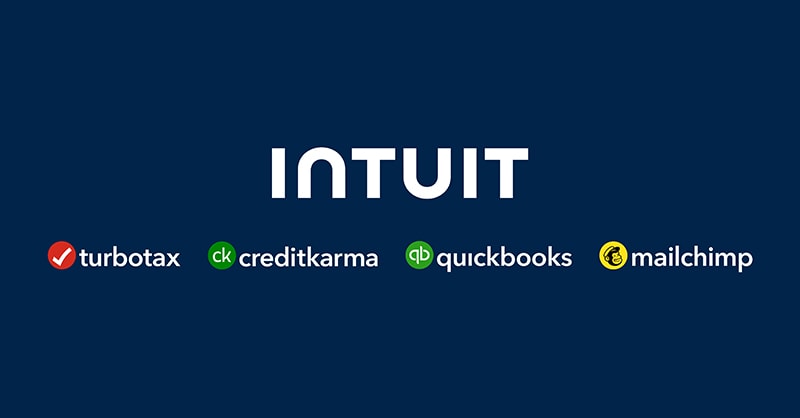
Intuit Inc. (NASDAQ:INTU) Earnings Preview: A Look at the Fintech Giant's Upcoming Report
- Intuit Inc. (NASDAQ:INTU) is expected to report a significant year-over-year increase in earnings per share (EPS) and revenue.
- The company's stock has historically shown positive movement following earnings announcements, indicating potential investor optimism.
- Despite a recent decline in stock price, Intuit's strong financial metrics and growth in the fintech sector suggest a strategic buying opportunity.
Intuit Inc. (NASDAQ:INTU), a leading financial technology company known for its popular products like TurboTax and QuickBooks, has consistently demonstrated strong performance, often outpacing the broader tech market. The company is set to release its quarterly earnings on August 21, 2025, with analysts projecting an earnings per share (EPS) of $2.65 and revenue of approximately $3.75 billion.
Historically, Intuit's stock has shown a positive one-day movement following earnings announcements in 71% of cases over the past five years, as highlighted by Forbes. This trend may influence investor sentiment as the earnings date approaches. The anticipated EPS of $2.65 represents a significant year-over-year increase of 33.2%, while the projected revenue of $3.74 billion reflects a 17.6% rise from the same quarter last year.
Despite a recent 12% decline in its stock price since reaching new highs at the end of July, Intuit's long-term performance remains strong. Over the past two decades, the company's stock has more than tripled its growth compared to the broader tech sector. This downturn presents a strategic opportunity for investors to purchase Intuit stock at a lower price before the earnings release.
Intuit's financial metrics indicate a robust position in the market. The company has a price-to-earnings (P/E) ratio of approximately 56.6, suggesting that investors are willing to pay $56.6 for every dollar of earnings. Its price-to-sales ratio stands at about 10.75, and the enterprise value to sales ratio is around 10.84, reflecting the company's total value in relation to its sales.
The company's debt-to-equity ratio of approximately 0.35 shows a moderate level of debt compared to its equity, while a current ratio of about 1.45 indicates a good level of liquidity to cover short-term liabilities. These financial metrics, combined with Intuit's expanding portfolio and advancements in artificial intelligence, are expected to continue driving double-digit sales and earnings growth.
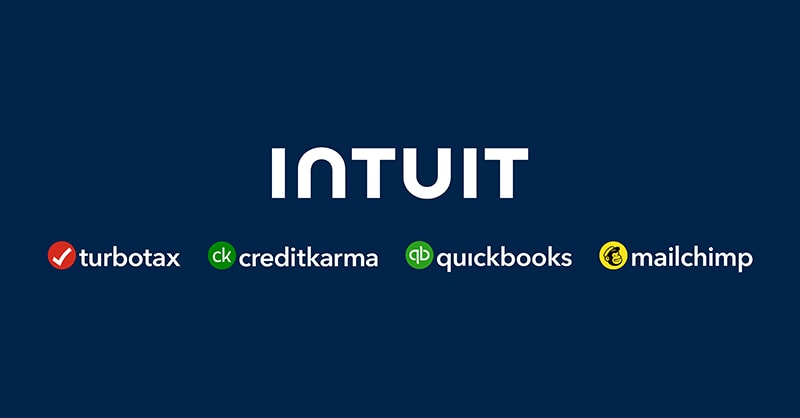
Intuit Inc. (NASDAQ:INTU) Director Sells Shares Amid Company's Growth Initiatives
- Richard L. Dalzell, a director at Intuit Inc. (NASDAQ:INTU), sold 333 shares at $768.43 each, leaving him with 15,474 shares.
- Despite a modest increase of 0.6% over the past month, Intuit's stock performance contrasts with the broader market and its industry peers.
- Intuit announced strategic initiatives at its fiscal 2025 Investor Day, focusing on enhancing core services, increasing revenue per customer, and pursuing global expansion.
On July 10, 2025, Richard L. Dalzell, a director at Intuit Inc. (NASDAQ:INTU), sold 333 shares of the company's common stock at $768.43 each. This transaction leaves Dalzell with 15,474 shares. Intuit, known for its software products like TurboTax and QuickBooks, has been in the spotlight for investors, despite its stock showing a modest increase of 0.6% over the past month.
Intuit's stock performance contrasts with the broader market, as the Zacks S&P 500 composite gained 4.4% in the same period. The Zacks Computer - Software industry, which includes Intuit, saw a more substantial growth of 7.6%. This indicates that while Intuit's stock has not kept pace with its industry peers, it remains a key player in the software sector.
A significant development for Intuit is the integration of SignWell with QuickBooks. This integration is expected to enhance efficiency for financial professionals by enabling faster signing of estimates and invoices. It addresses workflow bottlenecks, allowing QuickBooks Online users to collect legally binding e-signatures directly within their workflows, streamlining financial documentation processes.
Intuit has evolved from a tax software provider to a comprehensive financial platform. Despite a recent stock dip of 1.85%, the company is focused on growth. At its fiscal 2025 Investor Day, Intuit announced strategic initiatives to enhance core services, increase revenue per customer, and pursue global expansion. This includes deepening its presence in tax, accounting, personal finance, and marketing.
Currently, Intuit's stock price is $747.90, reflecting a decrease of 2.82% or $21.69. The stock has traded between $745.13 and $769.98 today, with a market capitalization of approximately $208.62 billion. The trading volume for the day is 1,780,841 shares on the NASDAQ exchange. Despite recent fluctuations, Intuit's robust ecosystem and strategic initiatives position it for potential growth.

Intuit Soars 8% on Strong Q3 and Upgraded Full-Year Outlook
Intuit (NASDAQ:INTU) surged more than 8% intra-day today after delivering Q3 results that beat expectations and raising both its full-year and current-quarter guidance, driven by robust demand for TurboTax and QuickBooks during tax season.
For the quarter, Intuit reported adjusted earnings per share of $11.65 on revenue of $7.75 billion, surpassing analyst expectations of $10.91 and $7.56 billion, respectively.
Looking ahead, the company provided bullish guidance for fiscal Q4, forecasting non-GAAP EPS between $2.63 and $2.68 and revenue between $3.723 billion and $3.760 billion. Both ranges came in above consensus estimates of $2.60 EPS and $3.53 billion in revenue.
For the full fiscal year, Intuit now expects non-GAAP EPS of $20.07 to $20.12, reflecting 18% to 19% year-over-year growth—up from prior guidance of 13% to 14%. Full-year revenue is now projected at $18.723 billion to $18.760 billion, or 15% growth, compared to the previous outlook of 12% to 13%.
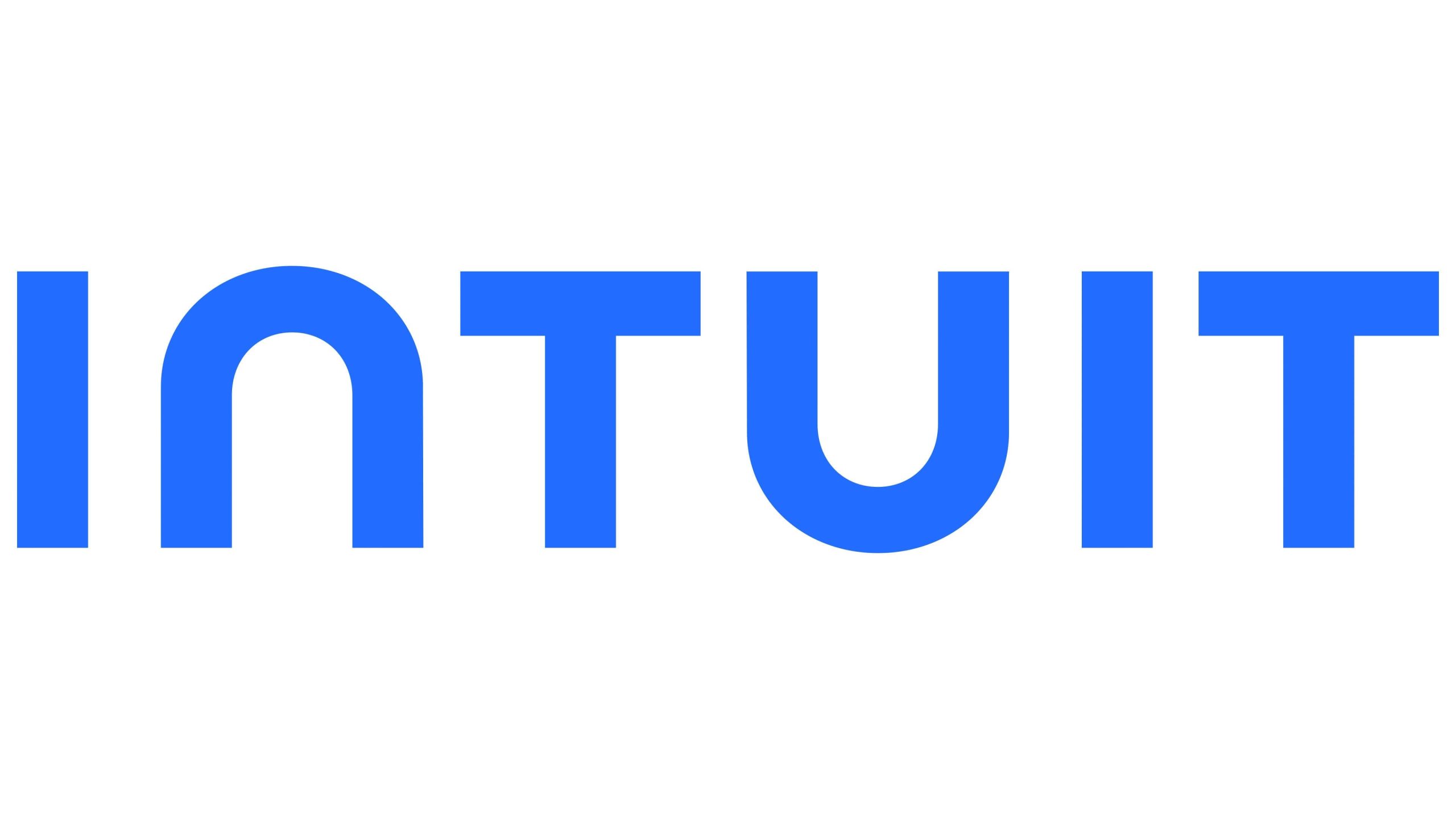
Intuit Inc. (NASDAQ:INTU) Surpasses Q3 Earnings Expectations
- Intuit Inc. (NASDAQ:INTU) reported earnings per share of $11.65, beating estimates.
- The company's revenue reached $7.75 billion, a 15% increase year-over-year.
- Intuit raised its full-year revenue forecast, indicating strong future performance and investor confidence.
Intuit Inc. (NASDAQ:INTU), a leader in financial software, reported strong earnings for Q3 2025. Known for products like TurboTax and QuickBooks, Intuit exceeded expectations with earnings per share of $11.65, surpassing the estimated $10.93. This performance highlights Intuit's consistent ability to outperform market predictions, as seen in its previous quarters.
The company's revenue for the quarter was $7.75 billion, exceeding the estimated $7.57 billion. This marks a 15% increase from the $6.74 billion reported in the same period last year. Intuit's consistent revenue growth underscores its strong position in the Zacks Computer - Software industry, where it continues to thrive.
Intuit's stock price rose significantly following the earnings announcement, reflecting investor confidence. The company also raised its full-year revenue forecast to between $18.72 billion and $18.76 billion, up from the previous range of $18.16 billion to $18.35 billion. This upward revision further boosted market sentiment.
The company's financial metrics reveal a robust performance. Intuit's price-to-earnings (P/E) ratio is approximately 61.41, indicating high investor confidence. The price-to-sales ratio stands at about 10.85, and the enterprise value to sales ratio is around 11.11, reflecting strong market valuation. The debt-to-equity ratio of 0.38 shows a moderate level of debt, while a current ratio of 1.27 indicates a healthy liquidity position.
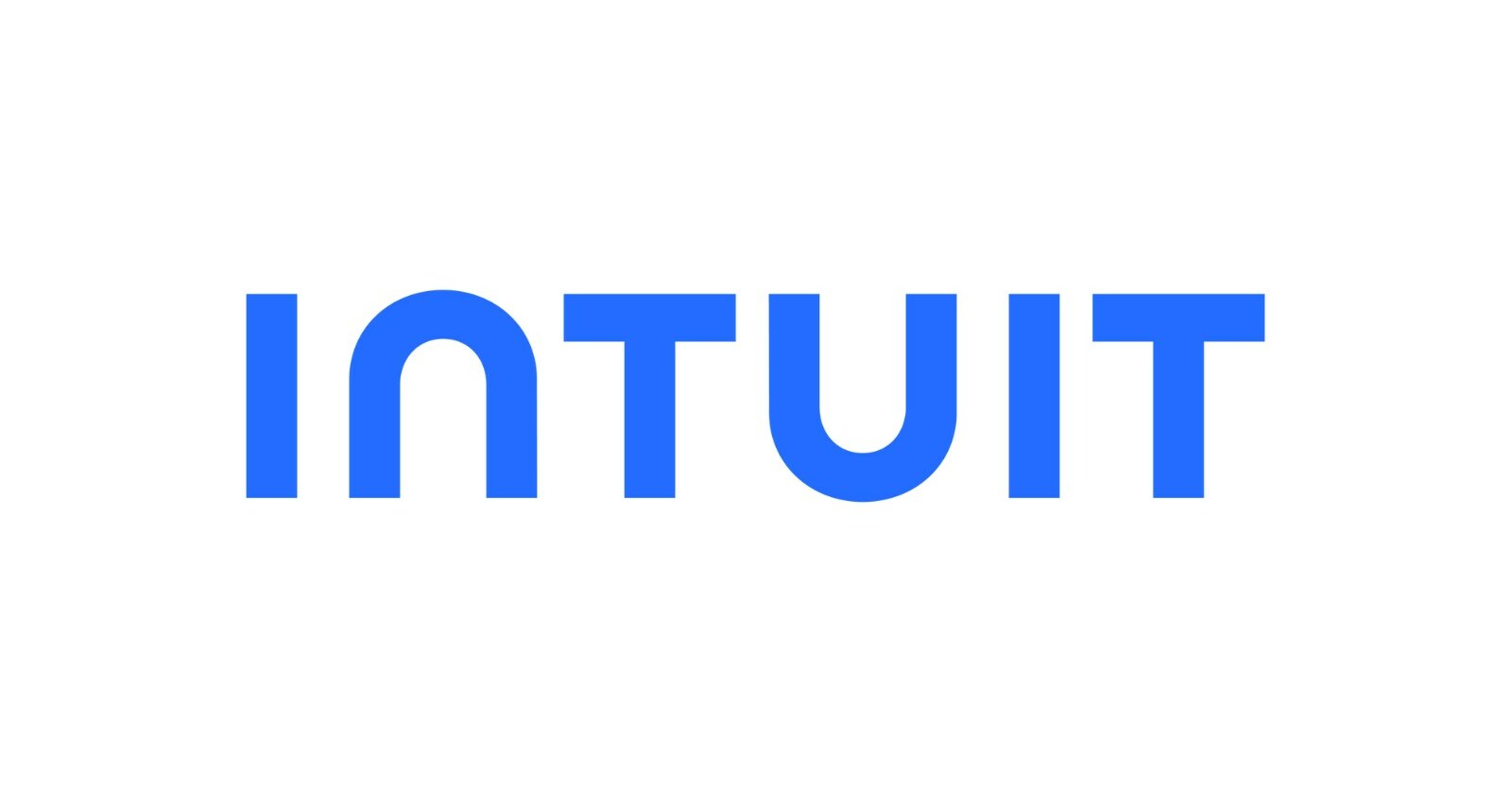
Intuit Inc. (NASDAQ:INTU) Maintains Strong Market Presence Amid Competition
- Goldman Sachs reaffirms a "Buy" rating for Intuit Inc. (NASDAQ:INTU), with a current stock price of $670.86, indicating confidence in its financial health and growth prospects.
- Intuit is expected to report quarterly earnings per share (EPS) of $10.89, marking a 10.2% increase year-over-year, with forecasted revenues of $7.54 billion, a 12% growth from the previous year.
- The company's market capitalization stands at approximately $187.55 billion, showcasing its significant presence in the competitive financial software industry.
Intuit Inc. (NASDAQ:INTU) is a leading financial software company known for its popular products like TurboTax, QuickBooks, and Mint. These tools help individuals and businesses manage their finances efficiently. Intuit operates in a competitive market, with rivals such as H&R Block and Sage Group. Despite the competition, Intuit maintains a strong market presence.
On May 19, 2025, Goldman Sachs reaffirmed its "Buy" rating for Intuit, with the stock priced at $672.87. This endorsement reflects confidence in Intuit's financial health and growth prospects. The stock's current price is $670.86, showing a slight increase of 0.086% or $0.58, with a daily range between $663.20 and $675.
Intuit is set to release its quarterly earnings report, with expectations of earnings per share (EPS) reaching $10.89. This marks a 10.2% increase from the same period last year. Analysts forecast revenues of $7.54 billion, representing a 12% year-over-year growth. These figures highlight Intuit's strong financial performance and growth trajectory.
The stability in earnings projections is crucial, as changes in these estimates can significantly influence investor reactions and short-term stock price movements. Notably, there have been no revisions in the consensus EPS estimate for the quarter over the past 30 days, indicating a stable outlook from analysts. This stability underscores the importance of these projections in the financial community.
Intuit's market capitalization stands at approximately $187.55 billion, reflecting its significant presence in the financial software industry. The stock has fluctuated over the past year, with a high of $714.78 and a low of $532.65. The trading volume for the day is 1,250,549 shares on the NASDAQ exchange, indicating active investor interest.

Intuit Inc. (NASDAQ:INTU) Quarterly Earnings Preview
- Analysts set expectations for earnings per share (EPS) at $2.58 and revenue at approximately $3.83 billion.
- Intuit anticipates a revenue increase of 13% to 14% year-over-year, aligning with the Zacks Consensus Estimate.
- The company's financial metrics reveal a price-to-earnings (P/E) ratio of approximately 54.24, indicating high investor expectations for future growth.
Intuit Inc. (NASDAQ:INTU) is a financial software company known for products like TurboTax, QuickBooks, and Mint. As it prepares to release its quarterly earnings on February 25, 2025, analysts have set expectations for earnings per share (EPS) at $2.58 and revenue at approximately $3.83 billion. Intuit's performance in the Online Ecosystem business is expected to support these results.
The company anticipates a revenue increase of 13% to 14% compared to the previous year, with projections between $3.812 billion and $3.845 billion. The Zacks Consensus Estimate aligns with this forecast, pegging revenues at $3.83 billion, representing a year-over-year growth of nearly 13%. This growth is significant, especially as Intuit has historically exceeded the Zacks Consensus Estimate in the last four quarters, with an average surprise of 8.39%.
On a non-GAAP basis, Intuit expects EPS to range from $2.55 to $2.61, with the consensus estimate at $2.59 per share. This indicates a slight year-over-year decline of 1.52%. Despite this, the stability in earnings estimates over the past 30 days suggests that analysts have maintained their initial projections, which is crucial for investor confidence and the short-term price performance of the stock.
Intuit's financial metrics reveal a price-to-earnings (P/E) ratio of approximately 54.24, indicating that investors are willing to pay $54.24 for every dollar of earnings. The company's price-to-sales ratio stands at about 9.54, and its enterprise value to sales ratio is around 9.79. These figures suggest that investors have high expectations for Intuit's future growth and profitability.
The company's debt-to-equity ratio is 0.38, indicating a relatively low level of debt compared to equity. Additionally, Intuit has a current ratio of 1.24, suggesting that it has a good level of liquidity to cover its short-term liabilities. As the earnings announcement approaches, investors will be keen to see how these factors play out in Intuit's financial performance.







